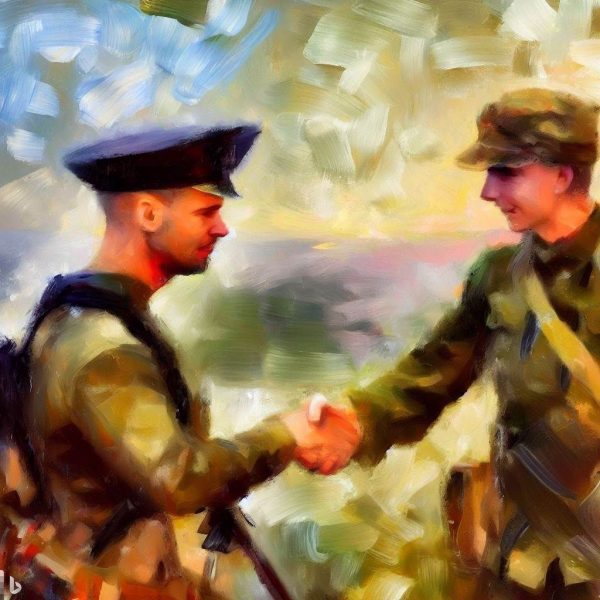In peace times we tend to forget about the deal making function of diplomacy. The Russian war in Ukraine brings back the fact that war times are a strategic operation from before the start, from start to end, and even afterwards. More than 500 days into the Russian aggression a lot of strategic efforts on all sides are concerned with the best strategies to pursue in order to prepare for starting positions for diplomatic peace talks. As Russia is currently pursuing again 4 nights and days of missile attacks on Kiev around the 14th of July (AFP), Ukraine is showing its continued resilience to Russian bombings assisted through modern missile defence systems.
Russia seems to demonstrate its willingness to continue assaults far into the terrain of Ukraine, the Ukrainian forces, step by step, increase the immense costs of a prolonged war to Russia. Russia is sacrificing a whole generation of youth for the neo-imperialist claim on Ukrainian territory. Ukraine currently demonstrates the ability and willingness to fight back its territory even in a protracted war.
Both sides battle for starting positions in case negotiations for the time after the hot war are about to begin. Russian bombing of Kiev might address more the western allies of Ukraine who might be more reluctant to send personnel to start rebuilding the country beyond financial efforts. Russia’s loss of soldiers, lots of material and facing the militarisation of the whole country incurs another historic loss for completely the wrong reasons.
Another analogy to the strategic game of chess becomes obvious. Many games end with a “remis” or a 1/2 point for each side. In chess it is an outcome of when 2 strategists weigh the chances of loosing as high as winning even if they continue for hours to play. It is the endpoint of an evaluation of own strategic options as well as those of the opponent. The handshake to conclude a remis needs careful preparation. Part of this is to demonstrate the ability to be able to sustain a prolonged battle despite the costs as a kind of threat to the opponent. We might believe that not much has changed since Thucydides and Clausewitz. However, Putin’s forceful opening of the war irrespective of loss of lives and against international law has lost its impetus and, with the turning of the tide. Ukraine is slowly winning back land, square mile after square mile. Strategic thinking is back in the foreground, but this is exactly the moment when diplomacy comes in. Negotiating for peace is the art of warfare. It is a formidable task to reach a peace deal when bombs are still killing people every single day. (Image: AI using Bing.com Text: impressionist oil painting of two soldiers from different countries shaking hands and making peace). 

